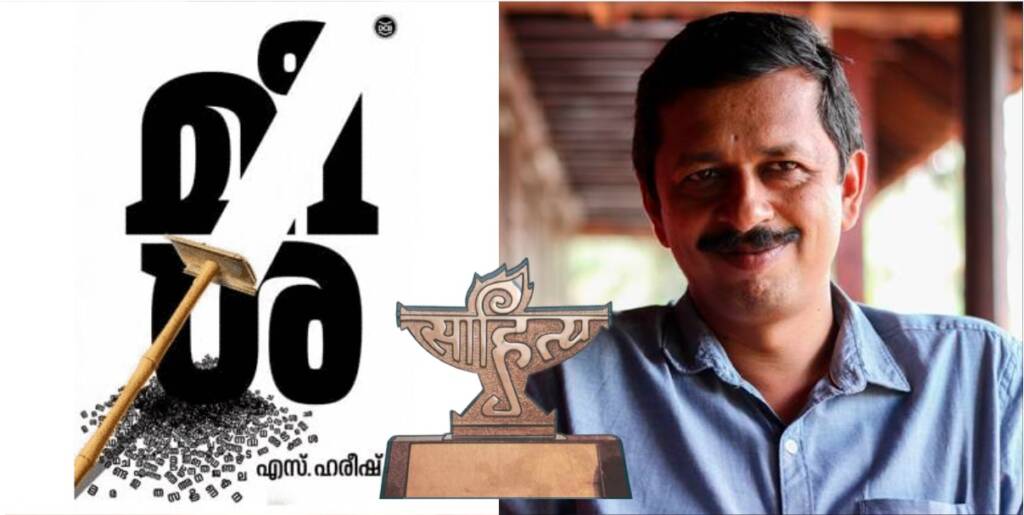It is not particularly new for intellectuals, the likes of which can include writers, filmmakers, comedians or any other category of ‘artists’ to climb the ladder of fame, success and money by weaponising their inherent hatred for Hindus. In fact, Hindu-shaming has become hippie in today’s India among a section of people, who for the lack of their ability to be known purely on the basis of merit, find an alternate route to fame, which is anti-Hindu content. Take for instance ‘writer’ S Hareesh, who, in his below-mediocre novel ‘Meesha’ took to portraying Hindu temple-going women as mere seekers of sex.
If projecting Hindu women as sex objects was not enough, the author also took to painting the temple priests as those who would readily engage in sexual activities with the temple-going women.
According to S Hareesh, the only objective of Hindu women who go to temples every day is to make it known that they are ready and available for sex. The author also goes on to insinuate in the book, via the characters, that women do not go to temples for four or five days in a month since they menstruate during that period, effectively meaning according to him, that they are not up for sex.
In any ordinary state of India, this book would be thrown in the trash can. In the Communist-ruled state of Kerala, however, the same novel has won the Kerala Sahitya Akademi award for the year 2019, for being the best novel of the year. Effectively, the Left-government of Kerala has signalled that anti-Hindu content which portrays Hindu women in a bad light is more than welcome to proliferate under the rule.
An excerpt, in particular, which portrays women in a bad light, is a conversation between two characters of the Malayalam novel, which reads:
“Why do these girls take bath and put on their best when they go to the temple?” a friend who used to join the morning walk until six months ago once asked.
“To Pray”, I said.
“No”, he said.
“Look carefully, why do they need to put their best clothes in the most beautiful way to pray? They are unconsciously proclaiming that they are ready to enter into sex”, he said. I laughed.
“Otherwise”, he continued, “why do they not come to the temple four or five days a month? They are letting people know that they are not ready for it. Especially, informing those Thirumenis (Brahmin priests) in the temple. Were they not the masters in these matters in the past?”
"No. Just think, why do women dress up so beautifully and wear their best clothes to pray? They go to temples to let men know that they're available to have sex. This is also why they don't go to temples for a few days in a month. Especially to let the priests know."
— Neeraja Menon 🚩🇮🇳 (@thegeminian_) February 15, 2021
For showing Hindu women in poor light, the novel Meesha’s publication and circulation were challenged in 2018. However, a three-judge bench headed by the then Chief Justice of India Dipak Misra had refused to put a ban on the novel categorising it as content permissible under the freedom of expression rights of the author. “You are giving undue importance to this kind of stuff. In the age of the Internet, you are making this an issue. It is best forgotten”, Justice Chandrachud had remarked back then.
While Hindus had forgotten about the grave insult to women, the issue has been reignited by the Communist establishment of Kerala, by awarding S Hareesh’s Meesha the Kerala Sahitya Akademi award for the year 2019. This time around, the insult is not likely to be taken lying down.
